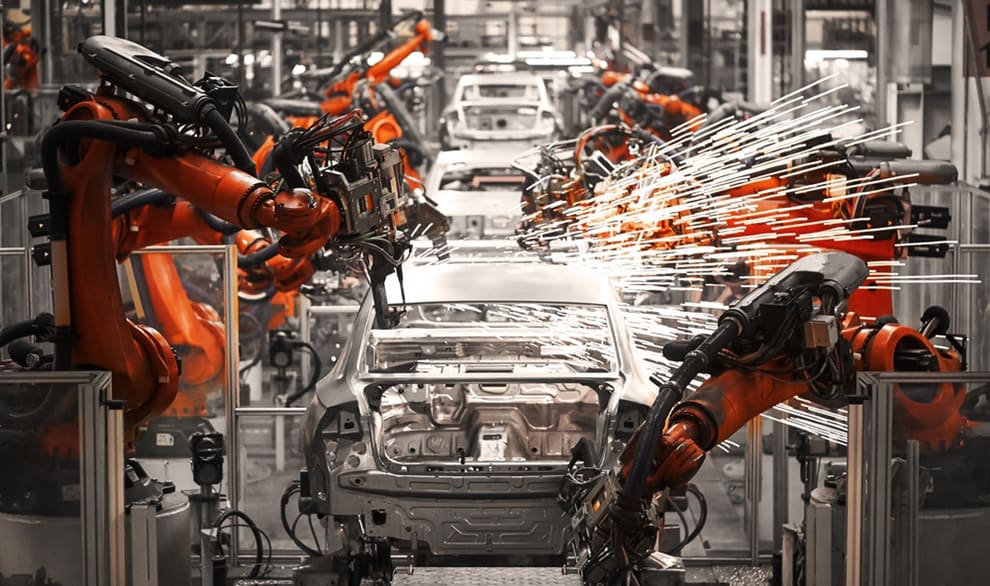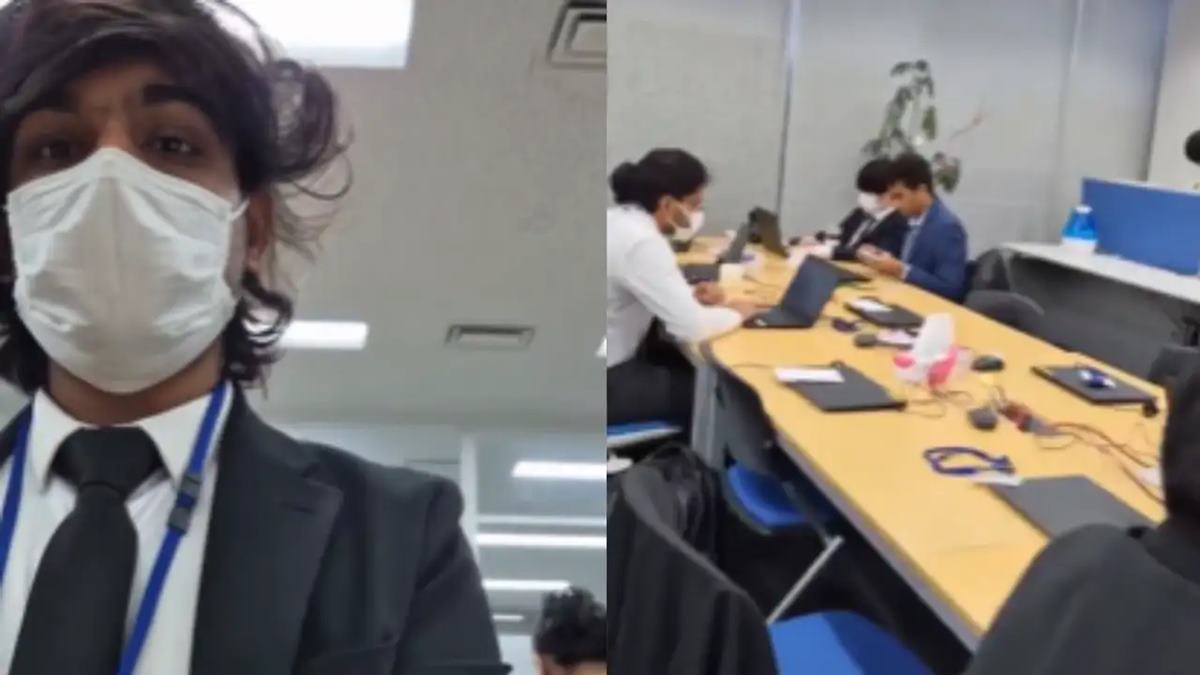Four emerging technologies — artificial intelligence (AI), robotics, advanced energy systems and sensor networks — are set to reshape global labour markets, according to a new World Economic Forum (WEF) report titled Jobs of Tomorrow: Technology and the Future of the World’s Largest Workforces.
The report highlights that these technologies will have the greatest impact on seven key sectors that employ nearly 80% of the world’s workforce: agriculture, manufacturing, construction, wholesale and retail trade, transport and logistics, business and management, and healthcare.
“The path of technology development will be determined by decisions made now and in the coming years,” said Till Leopold, Head of Work, Wages and Job Creation at the World Economic Forum. “Understanding which technologies will be most transformative and how they will affect these job families is crucial to driving positive outcomes.”
While much of the global debate on automation has focused on desk-based jobs, the report finds that frontier technologies are also revolutionizing hands-on sectors. Drones are being used for agricultural harvesting and medical deliveries in rural areas, while rooftop renewable systems in Africa are stabilizing energy access for frontline workers. In construction, semi-automated equipment is reducing physical strain and improving safety. In healthcare, robotics and AI are helping redesign patient care and workforce efficiency.
The report suggests targeted investments, especially in developing markets, to ensure these technologies are inclusive and accessible. For instance, agriculture and healthcare require better tech diffusion, while manufacturing strategies should be tailored to local industrial strengths. Retail and logistics sectors, it says, will benefit from digital platforms that boost efficiency without creating monopolies.
“These technologies hold immense promise to amplify human potential,” said Neeti Shukla, Co-Chair of the Global Future Council on Jobs and Frontier Technology and Co-Founder of Automation Anywhere.
The Forum calls on employers, governments and tech developers to collaborate on enabling tech investment, supporting market structures and aligning workforce goals. The Council will continue its work through 2026 to identify actionable steps for ensuring that technology creates inclusive, high-productivity jobs globally.




















